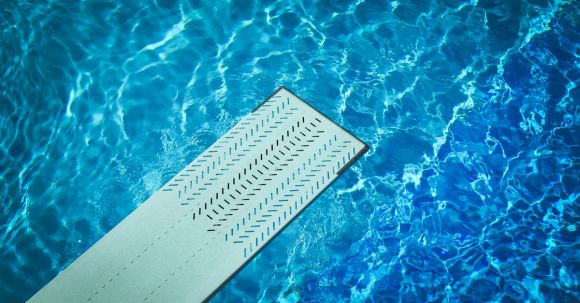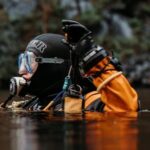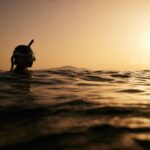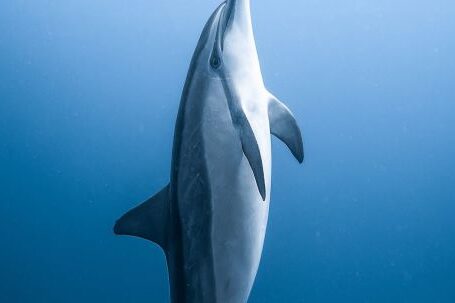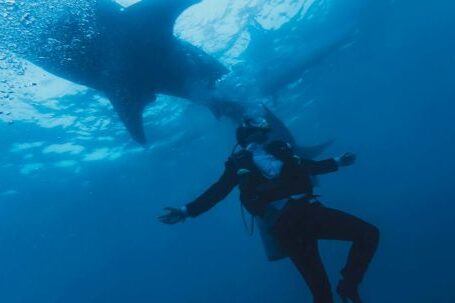Searching and recovering items underwater can be a challenging and rewarding endeavor. Whether you are a professional diver or a recreational enthusiast, developing and honing your underwater search and recovery skills is essential for success. In this article, we will explore some key techniques and strategies to help you perfect your skills in this exciting field.
Understanding the Environment
Before embarking on any underwater search and recovery mission, it is crucial to have a thorough understanding of the environment you will be working in. Familiarize yourself with the topography, currents, and potential hazards of the dive site. Conducting a comprehensive pre-dive assessment will allow you to plan accordingly and ensure the safety of yourself and your team.
Effective Communication
Clear and effective communication is vital when conducting underwater searches. Establishing a system of hand signals and underwater communication devices with your team will enable you to relay important information quickly and efficiently. Practice these communication techniques regularly to ensure seamless coordination during your search and recovery operations.
Utilizing Proper Equipment
Having the right equipment is essential for a successful underwater search and recovery. Invest in reliable and high-quality gear, including dive masks, fins, and underwater lights. Additionally, specialized tools such as metal detectors and underwater cameras can greatly enhance your search capabilities. Regularly maintain and inspect your equipment to ensure it remains in optimal working condition.
Search Patterns and Techniques
To maximize your search efficiency, it is essential to employ proper search patterns and techniques. The grid search pattern is a commonly used method where divers swim in a systematic back-and-forth pattern, covering the designated search area thoroughly. By maintaining a consistent distance between each other, divers can avoid overlapping areas. Another effective technique is the spiral search, where divers swim in a circular pattern, working their way outward from a central point. Experiment with different search patterns and techniques to find the most effective one for your specific search and recovery mission.
Navigation and Mapping
Navigating underwater can be challenging, especially in low visibility conditions. Developing strong navigation skills and creating detailed underwater maps can greatly aid in your search and recovery efforts. Utilize compasses, underwater GPS devices, and underwater slates to accurately mark and record significant points of interest. This information will not only assist you during the search but can also be valuable for future reference.
Handling Underwater Challenges
Underwater searches can present various challenges that require quick thinking and problem-solving skills. Poor visibility, strong currents, and entanglement hazards are just a few examples of obstacles you may encounter. It is crucial to remain calm and focused during these situations. Regular training and practice in handling underwater challenges will help you develop the necessary skills to overcome unexpected obstacles.
Continual Learning and Improvement
Finally, the key to perfecting your underwater search and recovery skills is to never stop learning and improving. Attend workshops, seminars, and training programs to stay updated on the latest techniques and technologies in the field. Seek guidance from experienced divers and experts in underwater search and recovery. By continually expanding your knowledge and skillset, you will become a more proficient and confident diver.
In conclusion, perfecting your underwater search and recovery skills requires a combination of knowledge, practice, and experience. By understanding the environment, employing effective communication, utilizing proper equipment, employing search patterns and techniques, mastering navigation and mapping, handling underwater challenges, and continually seeking to learn and improve, you can enhance your abilities in this exciting field. So, dive in, explore, and hone your skills to become a skilled underwater searcher and recovery specialist.
